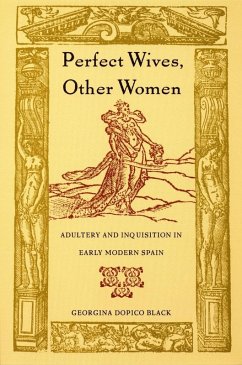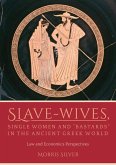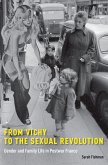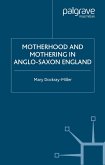In Perfect Wives, Other Women Georgina Dopico Black examines the role played by women's bodies-specifically the bodies of wives-in Spain and Spanish America during the Inquisition. In her quest to show how both the body and soul of the married woman became the site of anxious inquiry, Dopico Black mines a variety of Golden Age texts for instances in which the era's persistent preoccupation with racial, religious, and cultural otherness was reflected in the depiction of women.Subject to the scrutiny of a remarkable array of gazes-inquisitors, theologians, religious reformers, confessors, poets, playwrights, and, not least among them, husbands-the bodies of perfect and imperfect wives elicited diverse readings. Dopico Black reveals how imperialism, the Inquisition, inflation, and economic decline each contributed to a correspondence between the meanings of these human bodies and "e;other"e; bodies, such as those of the Jew, the Moor, the Lutheran, the degenerate, and whoever else departed from a recognized norm. The body of the wife, in other words, became associated with categories separate from anatomy, reflecting the particular hermeneutics employed during the Inquisition regarding the surveillance of otherness.Dopico Black's compelling argument will engage students of Spanish and Spanish American history and literature, gender studies, women's studies, social psychology and cultural studies.
Dieser Download kann aus rechtlichen Gründen nur mit Rechnungsadresse in A, B, BG, CY, CZ, D, DK, EW, E, FIN, F, GR, HR, H, IRL, I, LT, L, LR, M, NL, PL, P, R, S, SLO, SK ausgeliefert werden.









